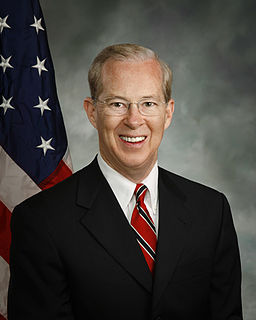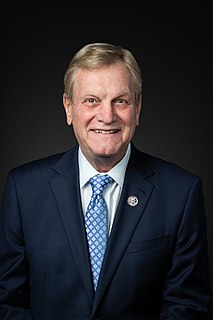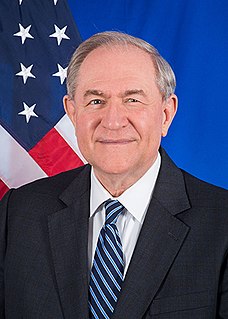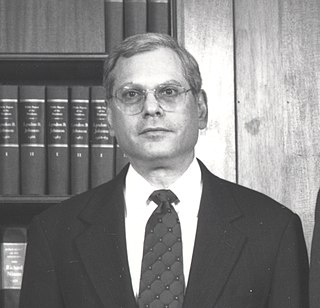Цитата Кристофера А. Рэя
Наши противники — террористы, иностранные разведывательные службы и преступники — используют современные технологии для сокрытия своих коммуникаций; набирать подписчиков; а также планировать, проводить и поощрять шпионаж, кибератаки или терроризм для распространения информации о различных методах нападения на территорию США и содействия другим незаконным действиям.
Темы цитат
Действия
Преимущество
Противники
Атаки
Атаки Коммуникации
Проведение
преступников
Кибер-
кибератаки
Разное
Разное Я
Поощряю
Шпионаж
Содействовать
последователям
Иностранные
Скрыть
Родину
Незаконные
Незаконные действия
Информация
Методы
разведывательных
служб Современные
современные технологии
Другое
Наш
план
Услуги
по вербовке Воспользуйтесь
преимуществами
Технологии
Терроризм
Террористы
Связанные цитаты
ИГИЛ использует традиционные медиа-платформы, а также широкомасштабные кампании в социальных сетях для распространения своей идеологии. Благодаря широкому распространению социальных сетей террористы могут выявлять, оценивать, вербовать и радикализировать уязвимых лиц всех возрастов в США либо для поездки в другие страны, либо для совершения нападения на родину.
Что касается моих разговоров с [Владимиром] Путиным, то это разговоры, которые были до выборов. Как я уже говорил, существуют очень четкие доказательства того, что они участвовали в кибератаках. Это не ново. Это не уникально для России. Есть ряд штатов, где мы видели низкоуровневые кибератаки и промышленный шпионаж, а также другие виды поведения, которые, по нашему мнению, должны быть за пределами допустимого.
Социальные сети позволили группам, таким как ИГИЛ, использовать Интернет для выявления и оценки потенциальных новобранцев. Благодаря широкому горизонтальному распространению социальных сетей террористы могут выявлять уязвимых лиц всех возрастов в Соединенных Штатах — выявлять, оценивать, вербовать и радикализировать — либо для поездок, либо для совершения нападения на родине.
Первоначальный ПАТРИОТСКИЙ закон значительно расширил возможности нашей страны по обмену разведывательной информацией, позволил лучше использовать технологии и предоставил следователям по делам о терроризме инструменты, которые уже давно доступны в делах, связанных с незаконным оборотом наркотиков и организованной преступностью.
Я пытаюсь бороться с терроризмом, который на самом деле является причиной других форм терроризма. Вы знаете, первопричиной терроризма является то, что правительство США допускает, и внешняя политика, проводимая нами в разных странах, которая вдохновляет людей становиться террористами. И это легко для нас, потому что это просто немного нефти.
Атака на юридические фирмы и тому подобные атаки — это промышленный шпионаж, поиск защищенных авторским правом материалов для изъятия и так далее; это не совсем то же самое, что кибервойна. Они считаются родственными. Китайцы пытаются украсть экономический марш у Запада, что является следствием того, что в 1990-х годах мы передали все наше производство в Китай.
В моей борьбе с терроризмом самым большим террористом для меня является Обама в Соединенных Штатах Америки. Что касается меня, я пытаюсь бороться с терроризмом, который на самом деле является причиной других форм терроризма. Коренной причиной терроризма является то, что вы, как правительство, позволяете происходить, и внешняя политика, проводимая нами в разных странах, которая вдохновляет людей становиться террористами. И это легко для нас, потому что на самом деле это всего лишь немного нефти, которую мы действительно можем получить сами.
Великая задача, стоящая перед нами сегодня, состоит в том, чтобы снова научиться разговаривать друг с другом, а не просто генерировать и потреблять информацию. Последнее является тенденцией, которую могут поощрять наши важные и влиятельные современные средства массовой информации. Информация важна, но ее недостаточно. Слишком часто вещи упрощаются, разные позиции и точки зрения противопоставляются друг другу, и людям предлагается занять чью-либо сторону, а не смотреть на вещи в целом.
Я был агентом армейской разведки и ветераном холодной войны, направленным в Западную Германию. Я был председателем Национальной комиссии по внутренней безопасности и терроризму США в течение пяти лет. Я был человеком, который много занимался вопросами национальной безопасности. Я был губернатором во время теракта 11 сентября.
В отличие от предыдущих войн, нашим врагом сейчас является безгосударственная сеть религиозных экстремистов. Они не подчиняются законам войны, прячутся среди мирного населения и совершают внезапные нападения на мирных жителей. У них нет вооруженных сил как таковых, нет территории или граждан, которых нужно защищать, и они не боятся умереть во время своих нападений. Информация — наше главное оружие против этого врага, а информация, полученная от захваченных оперативников, — возможно, самое эффективное средство предотвращения будущих атак.
Я согласен с тем, что в Соединенных Штатах произошло значительное улучшение базового роста производительности, что оно очень тесно связано с улучшениями в информационных и коммуникационных технологиях и, вероятно, распространится по всему миру. Но я против ярлыка «новая экономия», потому что он, кажется, поощряет неуважение к старым правилам, что может серьезно подорвать наш успех в использовании новых возможностей.






























